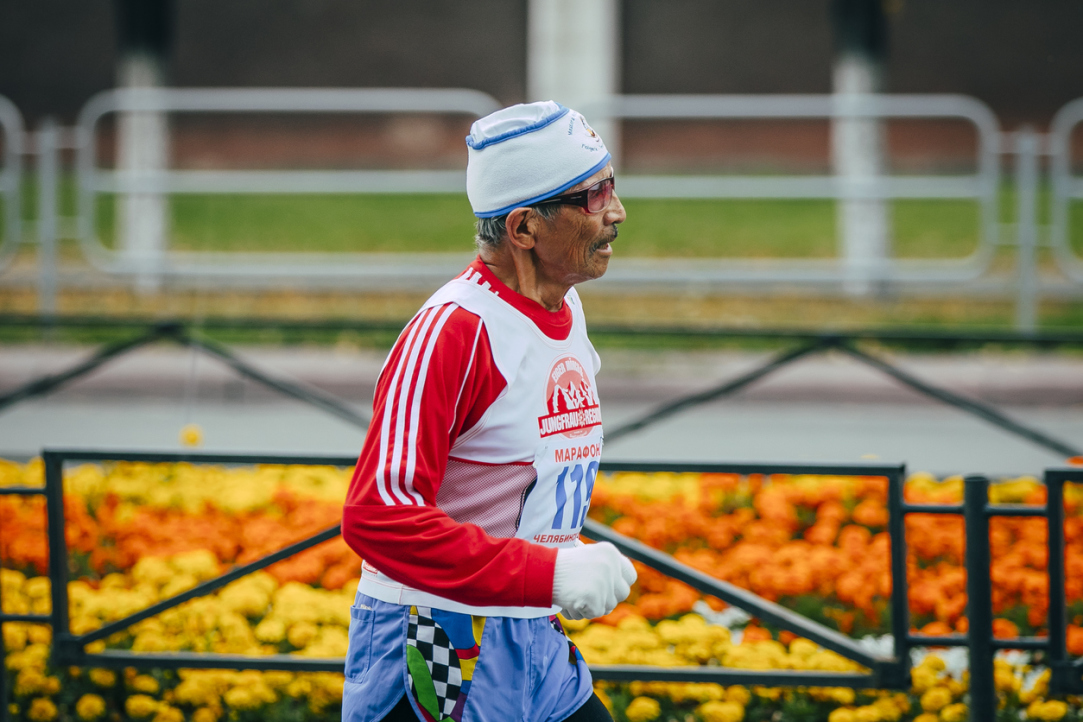‘A Week of Academic and Intellectual Pleasure’: HSE Hosts April Conference for the Twentieth Time
On April 9, the XX April International Academic Conference on Economic and Social Development kicked off at HSE University. Since its inception, it has become Russia’s biggest academic and expert platform in the social sciences and economics, as well as an important international event that attracts researchers from all over the globe each year. Fuad Aleskerov and Andrey Yakovlev, members of the Conference Programme Committee, spoke with the HSE News Service about the results achieved over the past 20 years, relevant topics, and plans for the future.
President Vladimir Putin Sends his Greetings to the Participants of the April Conference
The President of the Russian Federation welcomes participants and guests to the XX April International Academic Conference on Economic and Social Development.
.jpg)
Expert on Authoritarian Regimes to Speak at April Conference
While much of the focus on politics and global affairs over the past several decades has been on democratization, the most striking thing about this period has been the survival and spread of authoritarian regimes, argues Graeme Gill, Emeritus Professor in the Department of Government and International Relations at the University of Sydney. Professor Gill is one of the presenters at the upcoming XX April International Academic Conference on Economic and Social Development, scheduled this year for April 9-12 at the Higher School of Economics.
The Role of Personal Preferences in Economics
Prof. Dr Thomas Dohmen from the Institute for Applied Microeconomics, University of Bonn, Germany is to deliver an honorary lecture at the upcoming April Academic Conference at HSE University April 9 – 12. HSE News Service spoke with Dr. Dohmen about his work on the Global Preferences Survey (GPS), an international survey of epic proportions that he helped develop and analyze in order to learn whether individuals differ in terms of economic preferences by country, and more.
Social Media as a Lens on Collective Emotion
During the XX April International Academic Conference on Economic and Social Development, scheduled this year for April 9-12 at the Higher School of Economics, Dr David Garcia of the Complexity Science Hub Vienna and the Medical University of Vienna, Austria will present a report entitled ‘The digital traces of collective emotion’ at a session on ‘The Wellbeing of Children and Youth in the Digital Age.’ Ahead of the conference, Dr Garcia spoke with the HSE News Service about his conference presentation, his research, and plans for ongoing collaboration with HSE colleagues.

Unfit: Why Seniors Don’t Care about Their Health
Seniors in Russia are not responsive to public promotion of healthy living. Their behaviours follow eight different patterns, and a healthy lifestyle is far from being the most popular one. Only 17% of elderly people live what can be termed a 'healthy' lifestyle, Elena Selezneva discovered. The results of the study were presented at the XIX April International Academic Conference on Economic and Social Development at HSE.
‘The Biggest Priority in Education Is World Class Professional Development Programmes’
The report entitled ‘Twelve Solutions for New Education’, prepared by the Higher School of Economics and the Centre for Strategic Development, was presented at the XIX April International Academic Conference. Professors Martin Carnoy and Tomasso Agasisti, international experts on education and conference guests, have shared their views on the issues and initiatives highlighted in the report.
How Are Russian Cities Different from Western Cities?
One of the roundtables held during the XIX April Academic Conference featured a discussion of the report on morphology of Russian cities presented by Robert Buckley, Senior Fellow in the Graduate Program in International Affairs at The New School, US. The report looked at what Russian cities look like in terms of population density, how the patterns Russian cities exhibit compare with those of other cities around the world, and what individual behaviours might have contributed to the appearance of a certain pattern.
Marx’s Capital Was a Work in Progress
The notion that Karl Marx's works have been studied inside and out is fundamentally incorrect. The huge body of his manuscripts has still not been completely processed, and his seminal work, Capital, was only recently published with the final edits of the author. The 19th April Conference at the Higher School of Economics included the section ‘Methodology of Economic Science’ which was devoted to the work of the German philosopher and political scientist. Independent researcher and professor from Berlin, Thomas Kuczynski, gave a presentation at the conference which pointed out numerous aspects of Marx’s continuous rethinking of allegedly fixed truths.
Russia’s Economic and Social Development Depends on How It Responds to Technological Challenges
During a plenary session of the HSE XIX April International Academic Conference, participants discussed the technological future of the Russian economy and how it relates to objectives such as speeding up economic growth and improving the quality of life.


Applications are submitted until August 17, 2025